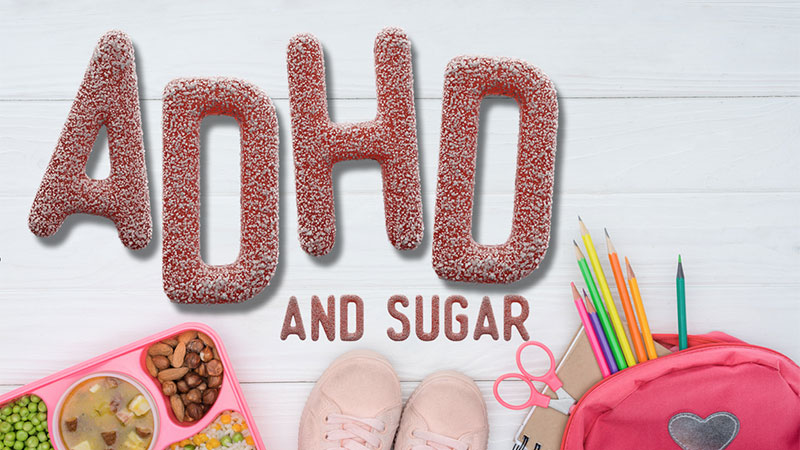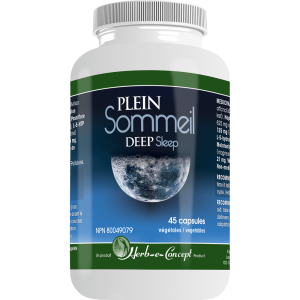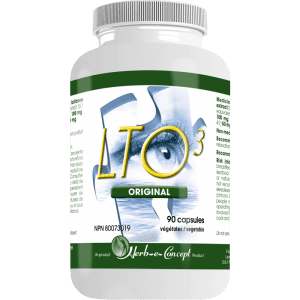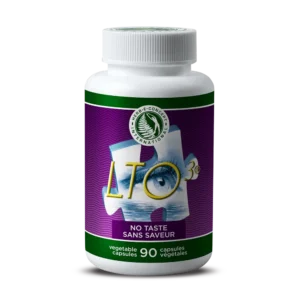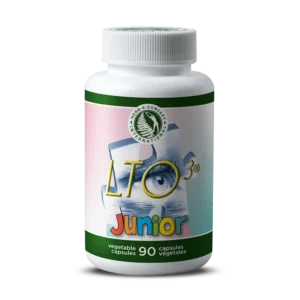Between 3% and 5% of children, or more, have attention deficit disorder with or without hyperactivity (ADD/ADHD). We are slowly beginning to understand the different causes and origins of this problem, but genes and the environment seem to play important roles in its development. Although sugar has been invoked as a possible reason, it has never been confirmed, but in terms of nutritional psychiatry, we all know that there is a link between eating sugar and certain states of hyperactivity especially when children eat at night.
Science is interested in it.
In the 1980s, at a time when people began to understand that sugar could be poisonous, scientists were interested in the potential link between sugar and ADHD-related symptoms. It is true that some observations had established a causal link between sugar consumption and ADHD. The children who consumed the most showed the most symptoms. These studies, however, were only conducted on a small number of children. Since then, sugar has become the target of people who struggle against many health problems and therefore, the fact that it can cause ADHD is never totally ruled out.
In the 1990s, other studies came to opposite conclusions. To do this, the researchers offered children, for a short period of time, either food containing sugar, aspartame or saccharin and measured symptoms related to ADHD. No significant difference was observed between these two groups.
Then, in 1995, a meta-analysis of 16 different studies on the links between sugar and ADHD was published. The researchers’ conclusion: sugar has no effect on most children’s ADHD, but could possibly affect some groups. The door remained open. Little research followed afterwards.
Since then, there has been little study of the subject, but some criticisms have been made about studies done before the year 2000 when the notion of “nutritional psychiatry” is starting to appear in a growing number of studies and publications. For example, some researchers believe that the effect of sugar consumption on ADHD symptoms will only be seen in the long term by modifying dopamine levels. Thus it would be normal for studies carried out over short periods to have no effect. However, this remains a hypothesis, but given the dramatic increase in cases of ADHD, there is much to believe that we have not finished hearing about this topic.
In any case, we know today that sugar is a poison and if it does not necessarily affect ADHD, it aggravates the health of children in many other areas.
The parents’ experience
On the other hand, parents of ADHD children frequently report that their children have more severe symptoms after eating sweet treats.
The environment in which these confectioneries are made available may be responsible for this. The birthday of a friend, the visit to the grandparents or the too rare permission to consume these sweets are occasions that can encourage excitement. Especially since children with this disorder may have difficulty in unstructured environments where many people are present.
There is also another problem, that sweet treats contain additives and dyes that have never been tested and that could have consequences for children’s ADHD.
In any case, sugar in the diet of children remains the main factor responsible for dental caries and foods rich in added sugars are generally low in vitamins and minerals and they too often take the place of more nutritious foods in food.
LTO3, natural supplement for cognitive health
For those who do not know it, LTO3 produced by Herb-e-Concept could be natural health for concentration, cognitive health, as well as for nervous states, stress, anxiety and nervousness.
- Do you have trouble concentrating?
- Would you like to increase your learning abilities and have better cognitive performance?
- Do you experience moments of stress or anxiety?
- Does your children miss attention in class or can not focus?
If so, then LTO3 may help you. LTO3 contains, among others:
- L-Theanine
- Omega-3 essential fatty acids
- Skullcap
L-Theanine is an amino acid that helps increase the level of dopamine in the brain, the neurotransmitter responsible for feelings of pleasure, self-satisfaction and self-esteem, as well as serotonin, both of which drop dramatically during periods of stress and overwork, L-Theanine produces a tranquillizing effect on the brain, allowing better concentration while feeling relaxed and free of anxiety.
Omega-3 fatty acids play a crucial role in the development of brain cells, a contribution to overall health. Omega-3s can help improve memory, learning ability and the ability to concentrate both in adults and children.
Skullcap helps relieve stress and anxiety by acting as a nerve tonic. It is effective in calming the nervousness and agitation of a child, which helps to calm nervousness to sleep and insomnia.
LTO3 can help increase mental acuity and improve learning abilities and concentration. LTO3 can promote brain function, help to decrease feelings of stress and anxiety, it can provide great relaxation without drowsiness, and help to provide comfort for people with attention deficit and hyperactivity.
In less than 40 minutes, you will feel more alert, and notice an improvement in your mental and emotional state, for a period of 8 to 12 hours.
Taken at night, LTO3 is perfect for people with sleep disorders. Without taste, LTO3 can be opened and poured in fruit juice or in breakfast cereals, in food generally from 3 years old. LTO3 can be the passport to relax in a more alert, more concentrated and less stressed world.
LTO3 and sugar.
So yes, we come back to it. LTO3 should be taken fasting to allow better absorption by the small intestine. The more LTO3 is taken away from the meal, including breakfast, the better it is. In addition, and there we are certain, the intake of sugar, such as dairy products or acidic juices, affects the results of LTO3. We understand the distress of many parents who are then wondering what to feed their child at breakfast. While we know the health problems caused by sugar, it’s time to completely rethink breakfast and move towards something more profitable for the child: protein: ham, turkey, eggs, a little whole grain bread and vitamins: Fresh fruits, even some vegetables.
